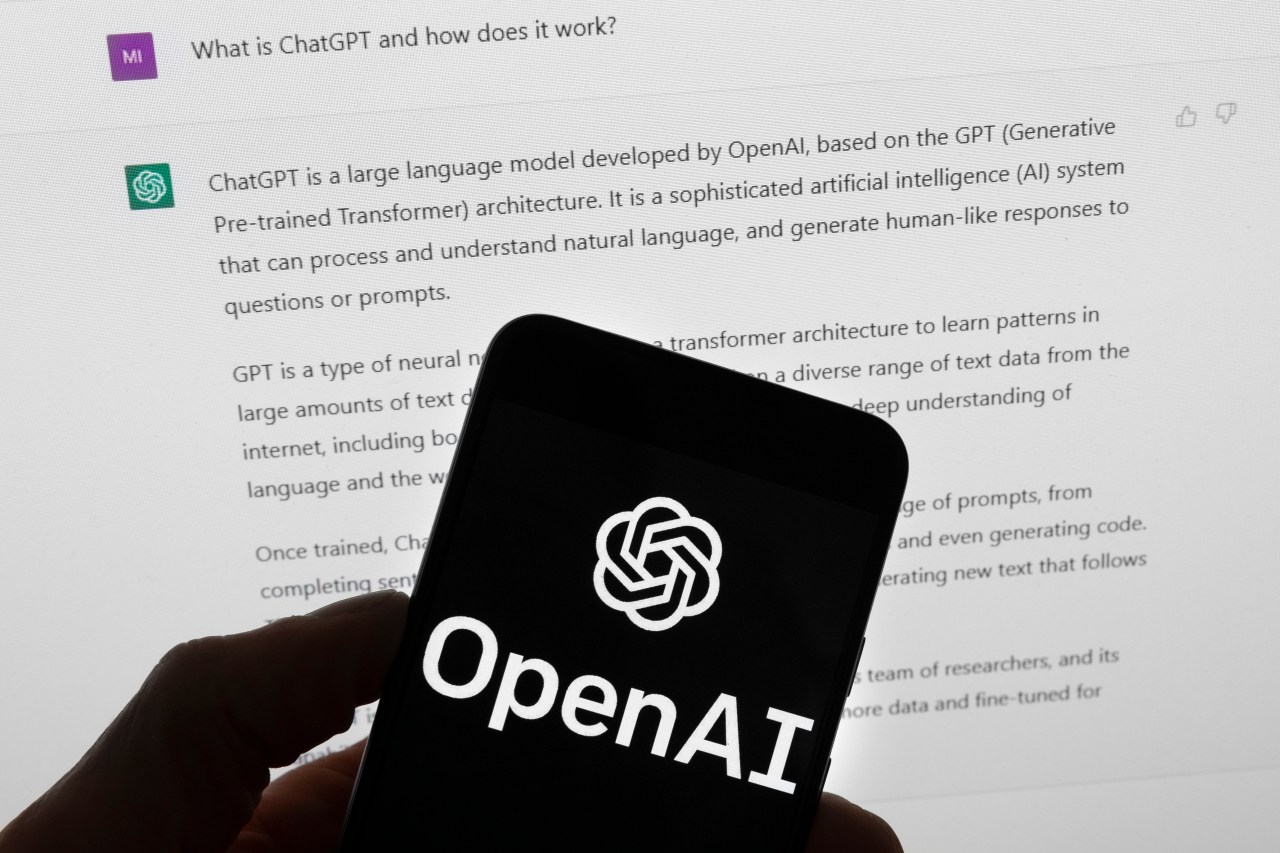
SPRINGFIELD, Ill. (WCIA) – State lawmakers are raising concerns about artificial intelligence or AI. It’s a machine’s ability to perform human-like tasks.
“It is evolving so rapidly,” State Rep. Jennifer Gong-Gershowitz (D-Glenview), said. “I think we saw and we learned a very hard lesson with our slow reaction to regulate social media, that the technology itself evolved faster than our ability to keep up with regulations that would ensure that it was deployed safely.”
In a hearing on Thursday, lawmakers heard from experts and people from other fields who have concerns about the technology, including questions of ownership and consent with the technology using someone’s voice or image.
“The idea that a machine or a corporation could use your voice and your image, something that’s so deeply personal for us, you can’t separate your image and your voice from who you are as a human being,” Gong-Gershowitz said.
Lawmakers have taken steps towards addressing issues with AI technology. This past year, they passed a law cracking down on deep fakes, digitally altered images that can make it look like someone is doing or saying something they aren’t.
In particular, the legislation focused on digital forgeries of sexual images. The law allows people to take legal action against someone who knowingly creates or distributes a deep fake without the person’s consent, including against someone who does so to cause harm to the other person.
“I think focusing on sexual deep fakes made sense, I think that’s a good place to start,” Gong-Gershowitz, one of the law’s House sponsors, said. “But I think we need to do more to ensure that people can control the right to their image, that your voice can’t be appropriated, and I think we also need to look at how we protect content creators, people whose life’s work is reflected in the things that they create.”
It’s not just Illinois lawmakers raising a red flag. This week, President Joe Biden signed an executive order aimed at creating a balance between regulating AI while allowing it to grow.
“This executive order is very comprehensive,” Yanhui Guo, an associate professor in the computer science department at UIS, said. “ It includes almost every AI in the AI regulation and AI research areas. As a researcher in the area, I suggest we can put more resources to do some research on AI models … and the protection, we [need] to try to protect our data and the individual privacy not to be misused.”
State Rep. Abdelnasser Rashid (D-Bridgeview) was at the White House when the president signed the executive order.
“This is a national and frankly, international problem, this isn’t something that states can solve alone” Rashid said. “That’s not to say that states don’t have a role to play. We have a very important role to play and here in Illinois, we’re going to make sure that we do that well.”
Guo said one of the ways the balance between regulation and allowing for the growth of AI can be achieved is through allowing AI to regulate itself.
“For example, we can use ChatGPT to generate some articles and some research, [a] research paper, some law issues,” Guo said. “At the same time, we can choose another AI generated account as a model to check if this article, this video, [or] image are generated by some other AIGCmodel.”
A new Illinois state law will also create a taskforce to look into the impact of AI. The task force will look at AI’s role in a wide range of areas from schools, to the workforce and to cyber security. The group will also recommend legislation or regulations related to the technology to protect people’s information.
